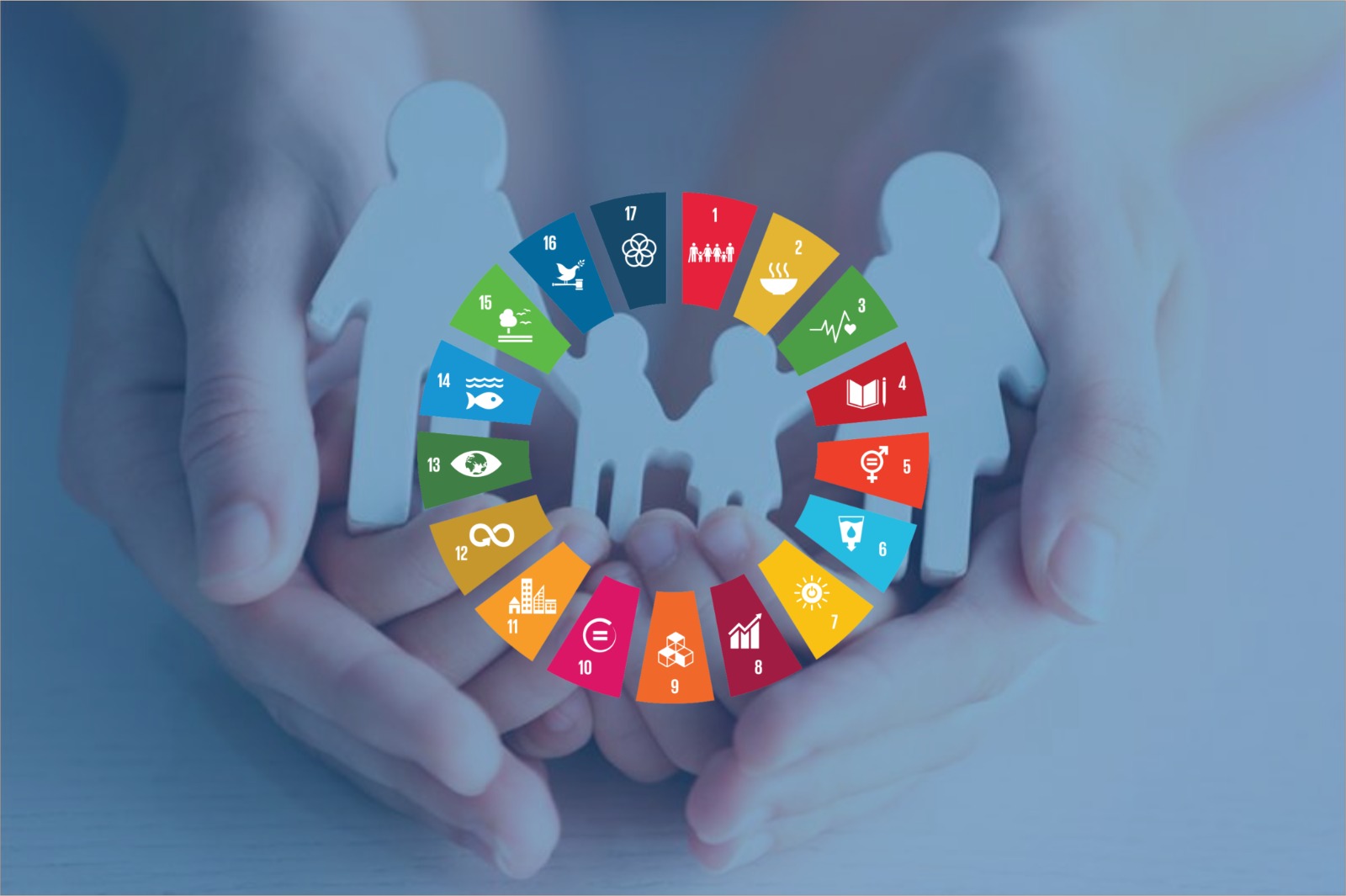Linking the new social code and SDGs

In order to bring the social legislation of the Republic of Kazakhstan in line with international standards in the spring of this year adopted a new Social Code (entered into force on July 1, 2023), on the basis of which the main directions and ways of development of legal regulation and improvement of homogeneous social relations in the field of law of social security of social protection of the population in the future are defined. The main goals and objectives of the Social Code have also been clarified on the basis of a unified systematization of legislation in the field of social security law in the country.
In particular, the main directions of the social code should consist of institutions that unite social protection of citizens, social security, social insurance and social danger, and form new legally regulated homogeneous social relations in order to solve problems in this sphere.
Social policy is considered to be a part of the general internal policy of the state, regulating relations between social groups, in general, between society and its members in connection with changes in the social structure of the state, increasing the welfare of citizens, improving their lives, satisfying their material and spiritual needs, and improving their way of life.
The Social Code is aimed at establishing the basis for the regulation of social legal relations, approving the social rights of citizens and the mechanism for their realization, enshrined in the Constitution and laws of the Republic of Kazakhstan, defining the legal status of participants in relations in the field of social security law and regulating the basis for the emergence, procedure for the implementation, change and protection of citizens' rights to social security. A special section of this document is based on the unification of special institutions of social security law, i.e. pensions, benefits, social compensations, compulsory social and medical insurance and assistance, targeted targeted assistance, employment and unemployment benefits, as well as special institutions of employment.
After the adoption of the Social Code, the main goals and objectives are: codification of the existing social legislation and bringing the legislation into a system regulating homogeneous social relations, unification of the main institutions of social security law, definition, calculation, assignment and indication of the amount of payment of existing material social security benefits and specific types of social assistance.
The concept of sustainable development includes elimination of poverty and hunger in the UN resolution "Reconstructing our world: the 2030 Agenda for Sustainable Development Goals", health and well-being of the population, quality education, gender equality, clean water and sanitation, affordable and clean energy, decent work and economic growth, industrialization, innovation and infrastructure, reduction of inequalities, sustainable development of cities and towns, responsible consumption and production, combating climate change, preservation of the environment, conservation and sustainable use of natural resources, sustainable development of natural resources, and sustainable development of cities and towns. During this period, fulfilling the 4 goals of SDGs, i.e. "providing quality education and promoting lifelong learning opportunities", the faculty of the Department of Civil Law and Civil Procedure of the Faculty of Law has actively eliminated poverty and hunger, public health and well-being, quality education, gender equality, justice and organizes and conducts many comprehensive activities on the goals of strong institutions.
Sarsengali ALDASHEV,
PhD in Law
